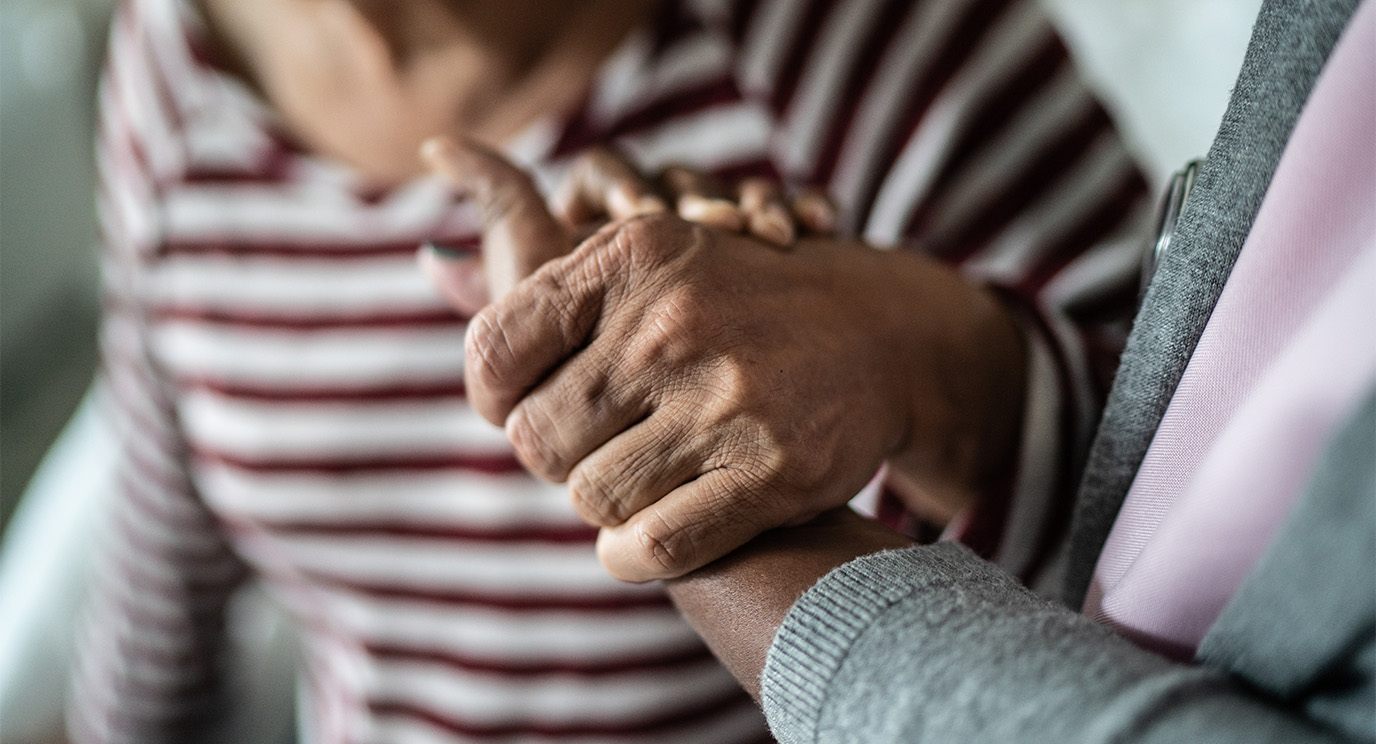Back
- Diseases
- Acoustic Neuroma (14)
- Adrenal Gland Tumor (24)
- Anal Cancer (68)
- Anemia (2)
- Appendix Cancer (16)
- Bile Duct Cancer (26)
- Bladder Cancer (72)
- Brain Metastases (28)
- Brain Tumor (232)
- Breast Cancer (714)
- Breast Implant-Associated Anaplastic Large Cell Lymphoma (2)
- Cancer of Unknown Primary (4)
- Carcinoid Tumor (8)
- Cervical Cancer (160)
- Colon Cancer (166)
- Colorectal Cancer (118)
- Endocrine Tumor (4)
- Esophageal Cancer (44)
- Eye Cancer (36)
- Fallopian Tube Cancer (8)
- Germ Cell Tumor (4)
- Gestational Trophoblastic Disease (2)
- Head and Neck Cancer (12)
- Kidney Cancer (128)
- Leukemia (342)
- Liver Cancer (50)
- Lung Cancer (286)
- Lymphoma (278)
- Mesothelioma (14)
- Metastasis (30)
- Multiple Myeloma (100)
- Myelodysplastic Syndrome (60)
- Myeloproliferative Neoplasm (6)
- Neuroendocrine Tumors (16)
- Oral Cancer (100)
- Ovarian Cancer (172)
- Pancreatic Cancer (160)
- Parathyroid Disease (2)
- Penile Cancer (14)
- Pituitary Tumor (6)
- Prostate Cancer (146)
- Rectal Cancer (58)
- Renal Medullary Carcinoma (6)
- Salivary Gland Cancer (14)
- Sarcoma (238)
- Skin Cancer (296)
- Skull Base Tumors (56)
- Spinal Tumor (12)
- Stomach Cancer (64)
- Testicular Cancer (28)
- Throat Cancer (92)
- Thymoma (6)
- Thyroid Cancer (98)
- Tonsil Cancer (30)
- Uterine Cancer (82)
- Vaginal Cancer (18)
- Vulvar Cancer (20)
- Cancer Topic
- Adolescent and Young Adult Cancer Issues (20)
- Advance Care Planning (10)
- Biostatistics (2)
- Blood Donation (18)
- Bone Health (8)
- COVID-19 (362)
- Cancer Recurrence (120)
- Childhood Cancer Issues (120)
- Clinical Trials (632)
- Complementary Integrative Medicine (22)
- Cytogenetics (2)
- DNA Methylation (4)
- Diagnosis (232)
- Epigenetics (6)
- Fertility (62)
- Follow-up Guidelines (2)
- Health Disparities (14)
- Hereditary Cancer Syndromes (126)
- Immunology (18)
- Li-Fraumeni Syndrome (8)
- Mental Health (116)
- Molecular Diagnostics (8)
- Pain Management (62)
- Palliative Care (8)
- Pathology (10)
- Physical Therapy (18)
- Pregnancy (18)
- Prevention (920)
- Research (392)
- Second Opinion (74)
- Sexuality (16)
- Side Effects (606)
- Sleep Disorders (10)
- Stem Cell Transplantation Cellular Therapy (216)
- Support (402)
- Survivorship (322)
- Symptoms (182)
- Treatment (1786)
10 ways to ease stress and anxiety during cancer treatment
BY MD Anderson
2 minute read | Published February 27, 2015
Medically Reviewed | Last reviewed by an MD Anderson Cancer Center medical professional on February 27, 2015
Whether you have an upcoming CT scan or are expecting news from your doctor, waiting can cause anxiety, worry and stress. You might have trouble sleeping or feel impatient with your loved ones. All of this is completely normal. Here at MD Anderson, we call that scanxiety.
The good news is there are many ways to deal with scanxiety. To help make the waiting game a little easier, we asked our Facebook community how they cope with the stress or anxiety before an important scan or appointment. Here's what they had to say:
- Pray. Many of our patients and caregivers said they found comfort in prayer. Because they feel a loss of control, praying allows them do what they can and then let go of those anxious feelings.
- Have faith and confidence in your care team. Know that our doctors and the rest of your care team will take care of everything. That's their job.
- Listen to your favorite music. Whether you're in the waiting room, in your car or at home or work, music can help you escape from the realities of cancer, or find the strength and determination to face them head-on.
- Find humor. Nothing eases tension like laughter.
- Keep busy doing something you enjoy. Whether it's shopping, spending time with friends or dining out at a favorite restaurant, having a little fun will help keep your mind off the upcoming appointment.
- Exercise. Not only can exercise help you stay healthy and strong, it produces mood-boosting endorphins that may help chase away your worries. Be sure to talk with your doctor before starting any new exercises, and make sure you choose the exercise that's right for you.
- Relax. If you're waiting at MD Anderson, take advantage of some of our Integrative Medicine Center's classes, such as yoga or tai chi. We also offer massages and acupuncture, all of which have been shown to help cancer patients relax.
- Meditate. Practicing mindfulness and meditating can help you stay calm during the tough times. Through meditation, you can learn to relax, manage stress and develop a deeper awareness of your body, emotions and surroundings. Not only can it help you get through this next appointment, it can help improve sleep, memory and cognitive function.
- Stay positive. Focus on positive thoughts, positive mental images and a positive outcome from your appointment.
- Help another patient. Befriending another patient in the waiting rooms can help take your mind off your own troubles -- and make a difference to someone else.






